PPI & Antacid in Weight Loss Surgery
Manage Temporary Acid Reflux (GERD) After Gastric Sleeve or Gastric Bypass

Decrease Surgery Complication Risks
Taking antacids and PPI twice a day before and after weight loss surgery is extremely important.
Sadly, a significant percentage of bariatric patients do not take these medications regularly as indicated, thus suffering from pain, discomfort, and even certain surgery complications unnecessarily.
Stomach acid – main cause of discomfort post-op
Imagine that you cut your finger. Now imagine spilling some lemon juice and salt on the skin cut. What will you feel? Burning sensation and pain, irritation, swelling, and delayed healing of the wound.
See where we are going with this?
Our stomach produces acid to digest food. This is a non-stop process, and it will not stop after surgery to allow your stomach time to heal. Stomach acid irritates the incision (the cut) in the same exact way as lemon juice or salt irritates a skin cut. You experience nausea, pain in the central upper abdominal area, heartburn, even vomiting, as well as constant hunger.
Stomach acid may cause or aggravate post-op complications.
Swelling:
Surgery is a trauma. Our body naturally responds to any type of trauma with an inflammatory reaction which includes swelling of the injured tissue. This means swelling of the stomach after gastric sleeve and swelling of the stoma (the connection between the stomach pouch and the small intestine), and intestinal connections after gastric bypass. This swelling gradually subsides, normally within 3 weeks, but can take up to 6 weeks.
Stomach acid significantly aggravates this swelling by prolonging the inflammatory response and not allowing it to subside as quickly as it should because the stomach acid continues irritating the tissue that tries to heal itself.
This has the following consequences:
- Decreased stomach volume (you cannot drink much and get dehydrated).
- Narrowing of the stoma, which in turn causes vomiting and extreme difficulty to drink fluids.
- And in more severe cases bowel obstructions due to intestinal connections swelling (in RNY bypass in particular).
Scarring:
Part of the healing process involves scarring. For some, this process is much more intense than for others. Scar tissue is a desirable result of the surgery as it promotes stronger feeling of restriction in bypass patients making the stoma tighter. However, scar tissue is much thicker than the regular stomach and intestinal tissue, which can cause narrowing of the stomach in gastric sleeve patients or narrowing of the stoma in bypass patients causing strictures, or even bowel obstructions at early or very late post-op stages.
Stomach acid aggravates scarring by irritating the healing tissue again and again, thus more and more scar tissue continues to form.
Marginal ulcers:
Stomach ulcers are not uncommon after weight loss surgery, especially in gastric bypass patients. Ulcers cause not only severe abdominal pain and vomiting, nausea, but also extreme weight loss and malnutrition in the long run, as eating and drinking becomes very painful. Ulcers can form at very early and very late post-op stages. Again, stomach acid is one of the causes for stomach ulcers. Learn more at Prevention and management of complications after bariatric surgery by BC Medical Journal.
Solution – PPI and antacid pre-op and post-op
So how do we prevent or at least decrease the discomfort and the risk of complications that stomach acid will cause after weight loss surgery when hitting the staple line and the healing tissues? We must force the stomach to produce less acid and try to neutralize the rest of it that it will still produce.
Understand the difference: PPI vs antacid. We need both!
These are two different classes of medications: proton pump inhibitors (PPI) and antacids.
PPI`s make stomach produce less acid. Well-known brands include Omeprazole, Nexium, Prilosec, Pantoprazole, etc.
For those allergic to PPI`s, feel free to use Famotidine (an H-2 blocker class of medications that also reduce stomach acid production, available OTC and by prescription).
Antacids do not reduce stomach acid production but neutralize it. This means that the already reduced stomach acid can still cause trouble after surgery, but we can neutralize it at least to some extent by taking an antacid, for example Maalox, Mylanta, TUMS, etc., in addition to the PPI.
Do this BEFORE surgery:
Take PPI: to prepare your stomach for surgery, our bariatric medical team highly recommends taking PPI medications starting at 2 weeks pre-op. It does not matter whether you have heartburn or acid reflux prior to surgery. You MUST take PPI anyway for the reasons explained above. Recommended brands are either Omeprazole or Nexium. But if you are using a different brand, it is acceptable.
Dosage: the recommended dosage is 20 mg every 12 hours (in the morning and before going to bed), or 1 pill of 40 mg once a day (either in the morning or at night). We ask you to disregard the dosage recommended on the medication box (20 mg per day). The purpose why you are taking this medication is different and you do need to take a double dose as indicated by our medical team.
When to take: PPI should be taken on an empty stomach to achieve maximum effect. Once you start eating, the stomach will activate acid production, thus taking PPI before a meal will make most sense.
When to stop before surgery: take the last pill the night before surgery. Do not take any on the day of surgery.
For more instructions on how to diligently prepare for weight loss surgery go to Pre-Op Instructions.
Foods to STOP 2 weeks before surgery to decrease post-operative discomfort.
What else can you do to prepare your stomach for surgery even better? You can help decrease stomach acid production by avoiding certain foods and drinks:
- Coffee (regular and decaf), alcohol, any drinks with caffeine or carbonation – they all stimulate stomach acid production that we are trying to decrease before surgery.
- Acidic foods: citrus fruits and juices, tomatoes and tomato products, pineapple, and vinaigrette salad dressings all have a high acid content, contributing to an already acidic environment.
- Fatty foods. Deep fried, like onions rings, or meats like prime rib or bacon, or foods with high fat content like whole milk and dairy products take longer to digest than other foods. When food sits in your stomach longer, your body responds by secreting more acid.
- Spicy foods. They irritate delicate esophagus lining, as well as stomach mucosa stimulating acid production. Many spicy foods contain a chemical called capsaicin that slows down digestion.
- Garlic, especially raw.
- Onions. Raw onions also stimulate acid production.For more instructions on how to follow pre-op diet for weight loss surgery go to Pre-Op Diet.
Do this AFTER surgery:
Take PPI: to continue decrease stomach acid production and allow your stomach and intestines time to heal. Use the same brands as listed for the pre-op stage. Nexium proved to be more effective than Omeprazole. Both are available over the counter.
Dosage: the recommended dosage is 20 mg every 12 hours (in the morning and before going to bed). In some cases, our medical team recommends increasing the dosage from 20 to 40 mg at night and continuing with 20 mg in the morning. And in more severe cases, a prescription PPI called Dexilant (or Dexivant) is recommended, currently known to be the most effective medication on the market (recommended dosage is either 30 mg twice a day or 60 mg once a day). Please always consult with our medical team or your patient care physician before increasing the standard recommended dosage of 40 mg per 24 hours.
When to take: PPI should be taken on an empty stomach about 30 min before a meal to achieve maximum effect.
When to stop post-op: continue PPI`s daily without skipping any doses for a minimum of 2 months after any type of bariatric surgery. After 2 months, if you feel no heartburn, our doctors recommend slowly weaning off the medication. If you stop abruptly, you may experience acid reflux for about 2 more weeks as your stomach will respond with an increased acid secretion for a while. We recommend decreasing the dosage to 20 mg once a day for at least 1-2 weeks. After that, decrease dosage to 20 mg once every 2-3 days for another 1-2 weeks. If you experience no discomfort, you may discontinue PPI`s permanently. If heartburn or acid reflux comes back, continue the same dosage of 20 or 40 mg per 24 hours longer. For some patients, PPI`s are needed for several months after surgery or even permanently, this is a very individual matter.
Take Antacids: as explained earlier, antacids such as Mylanta or Maalox (available OTC) neutralize the acid our stomach has already produced. This effect is especially desirable during the first 2-3 weeks after surgery when the stomach is very sensitive to new liquids and foods and is actively healing. Antacids often come in liquid form such as suspension or gel, it coats the stomach on the inside protecting its delicate mucosa lining and significantly decreases nausea and gas. Many among our patients reported feeling much relief after surgery when taking Mylanta, including help with food intolerances. Together with PPI`s, antacids even help to heal ulcers should some develop after surgery.
Dosage: 1 spoonful (or 10 mg) every 8 hours before meals.
For more post-op instructions go to After Weight Loss Surgery.
Foods to AVOID for 1-2 months after surgery.
It is very important that you do not skip the post-op diet stages and do not rush through them. The diet is designed to allow your stomach enough time to heal at each recovery stage. Thus, please avoid the following foods to avoid extra stomach acid secretion:
- Chocolate
- Peppermint
- Fatty foods, including avocado.
- Spicy foods
- Acidic foods and drinks
- Garlic
- Onions
- Drinks containing alcohol, caffeine, or carbonation.
For more post-op diet instructions go to Post-Op Diet.
In conclusion: not everything is in the power of the surgeon and the patient when it comes to smooth surgery and recovery. But there are certain steps each patient should take to increase the chances for a successful surgery outcome. Please do not take medical recommendations lightly. Taking PPI`s prior to surgery and not skipping any doses post-operatively is absolutely necessary for the best outcome.
Disclaimer: this article is written for educational purposes only; it does not constitute medical advice. Please consult with a licensed physician before taking any medications.
Reviewed by Dr. Miguel Garcia, Endoscopy Specialist
More From This Category
Tuna Melt Poppers
Tuna melt popper a quick protein-rich lunch option! Packed with nutrients, it's the perfect pick-me-up after a long day.
Cheeseburger Mini Meatloaf
Cheeseburger Mini Meatloaf perfect for a bariatric-friendly diet, offering a high-protein, low-fat, and delicious meal option. The mini meatloaves are also great for meal prep, as they can be easily stored and reheated for a quick and nutritious meal throughout the week.
Enchiladas Casserole
Enchiladas Casserole is comfort food to give you all the protein you need per meal considering your special dietary needs after weight loss surgery.
Beet Hummus
Introducing our vibrant and flavorful Beet Hummus, a healthy snack option for the post-op diet. This is a fun twist on the classic dip that promises a burst of color and taste!
Egg Zucchini Pizza
Enjoy this low-calorie, easy-to-digest Egg Zucchini Pizza. Consider for your protein-enriched post-op diet.
Strawberry Yogurt Jello
This time we are serving up a delight that's as guilt-free as it is delicious: our Sugar-Free Strawberry Jello recipe. Consider for your protein-enriched pre-op diet.
Colorful Chicken Fajitas
Delight in the flavors of Mexico with these bariatric-friendly chicken fajitas. Consider for your protein-enriched pre-op diet.
PPI & Antacid in Weight Loss Surgery
PPI and Antacid before & after weight loss surgery can not only decrease post-operative discomfort and pain, but prevent several serious post-op complications.
Vegan Recipe – Tofu Pumpkin Pancakes
Discover a delightful vegan recipe - Tofu Pumpkin Pancakes. These pancakes are delicious, easy to make, and are tailored to support your vegan post-op diet needs.
Tofu Scramble
Enjoy a protein-packed, easy-to-digest meal that supports your recovery journey. Try this nutritious Tofu Scramble recipe tailored for your post-op diet.

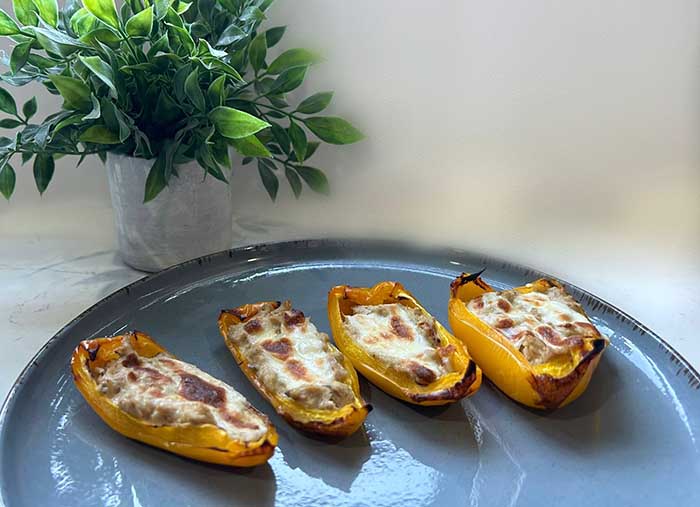
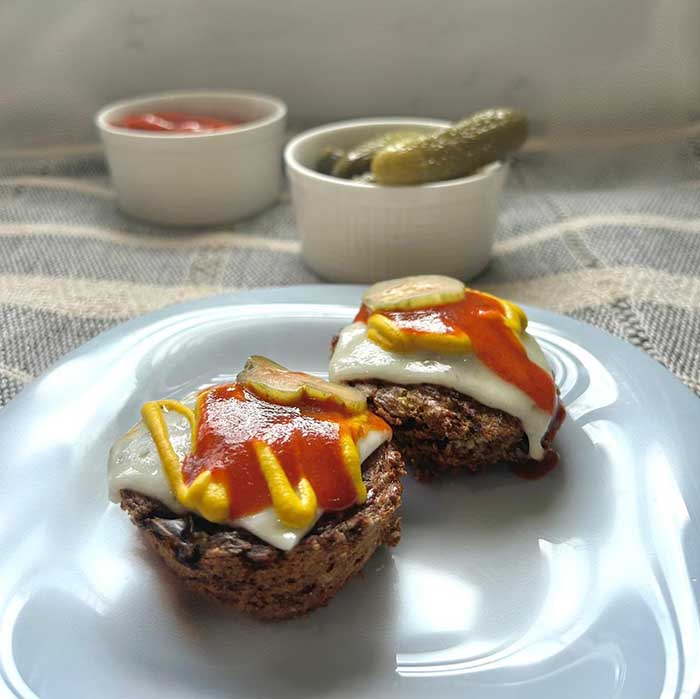
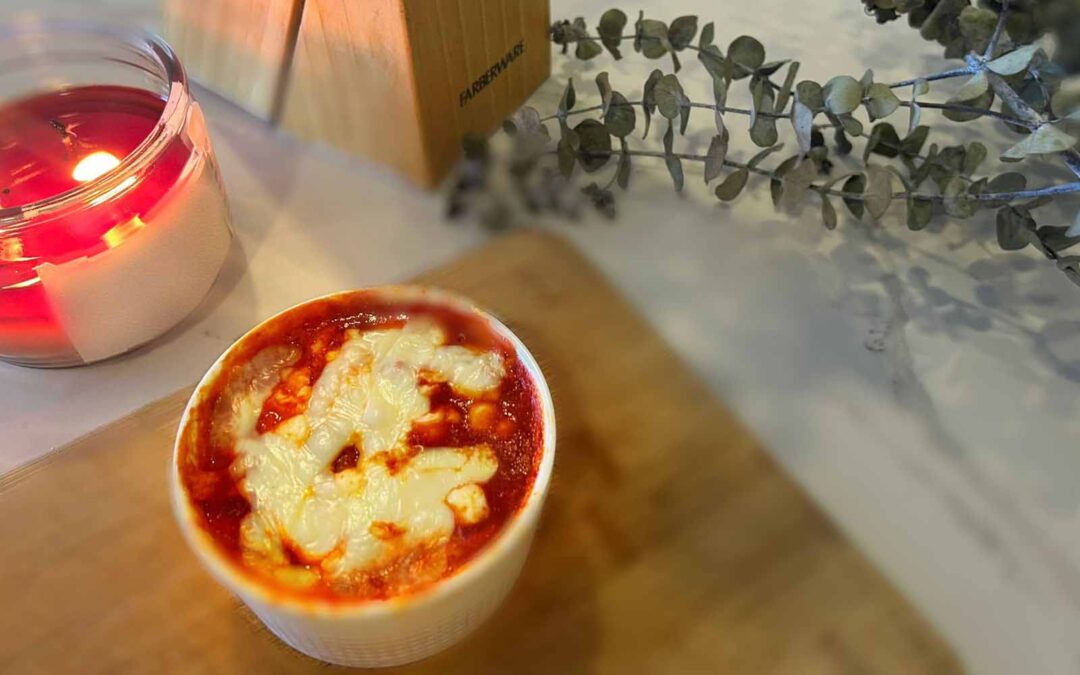
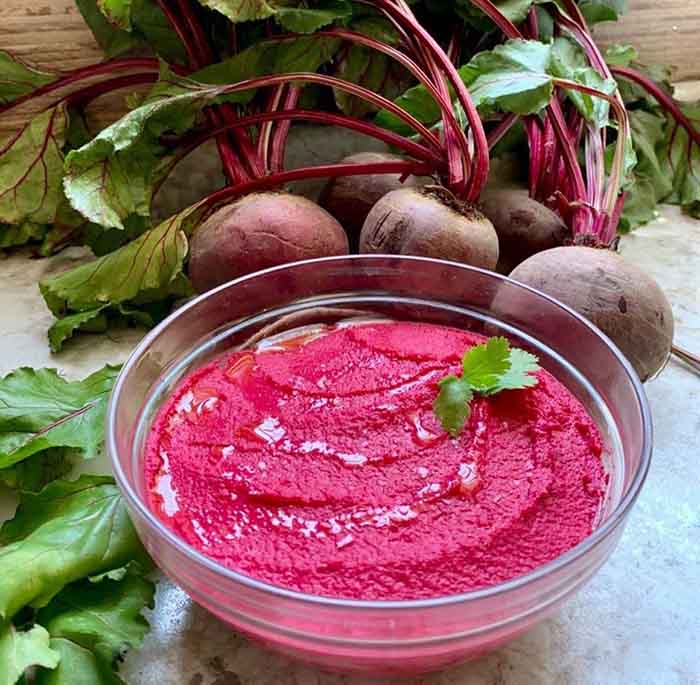
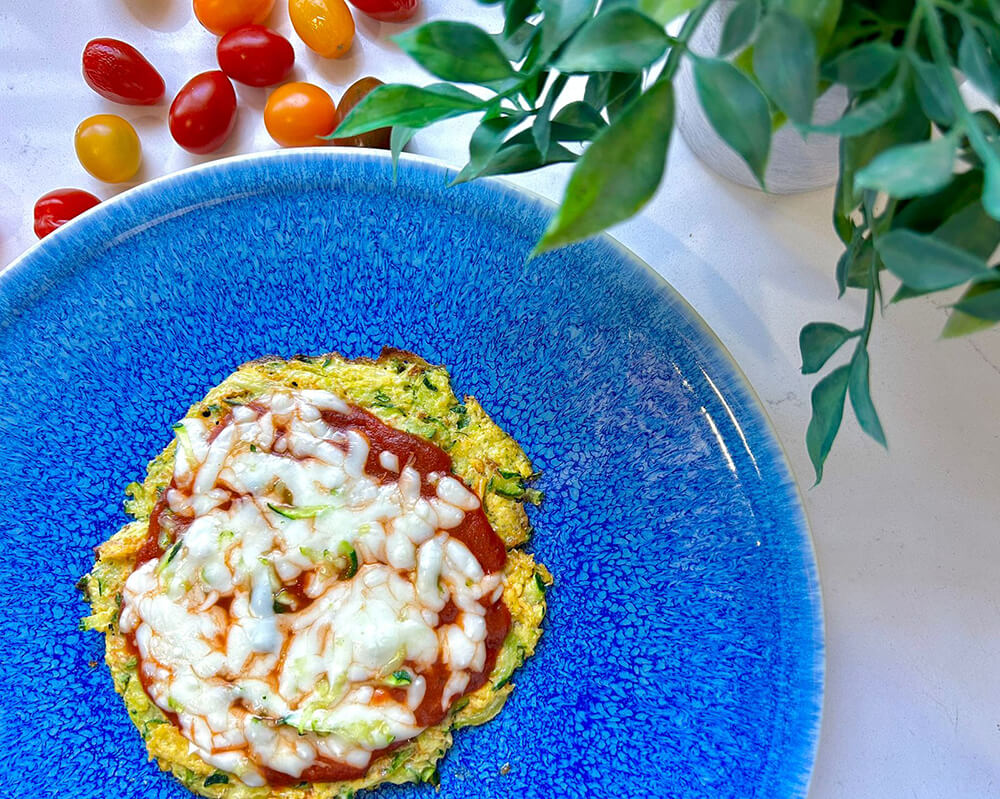
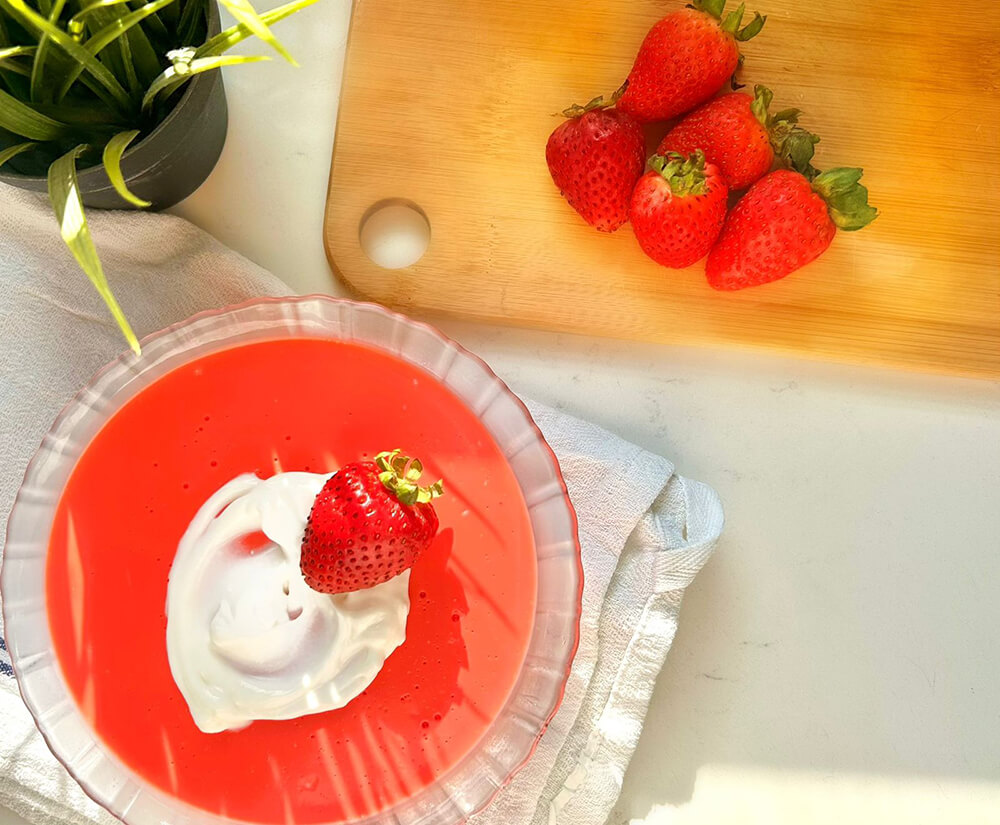
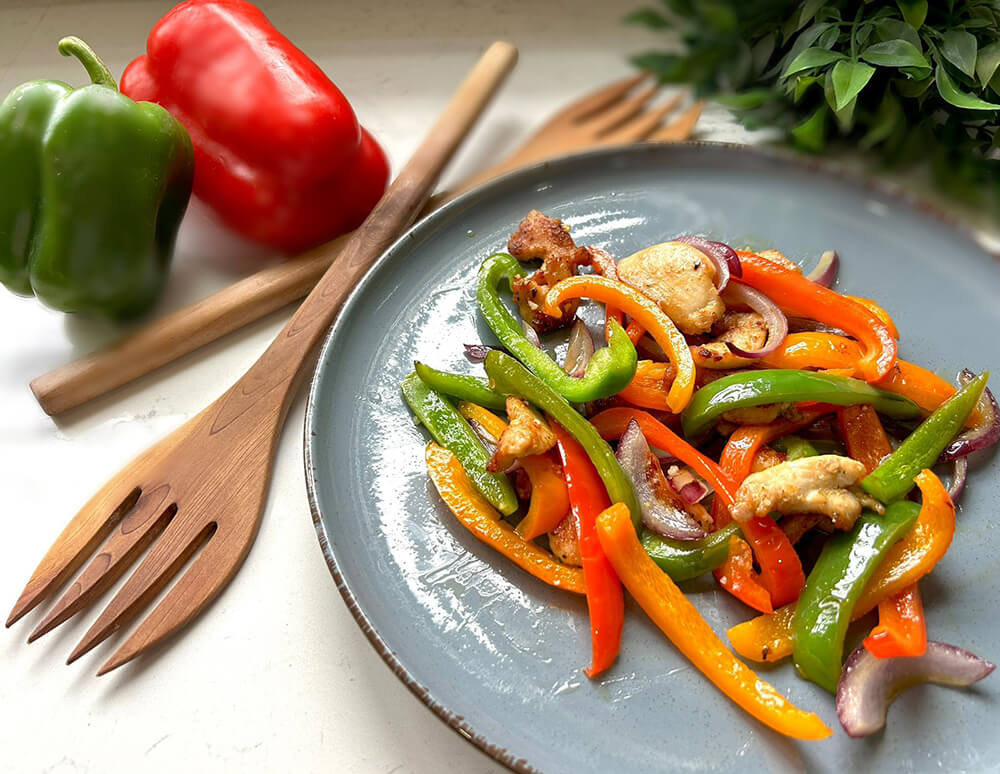

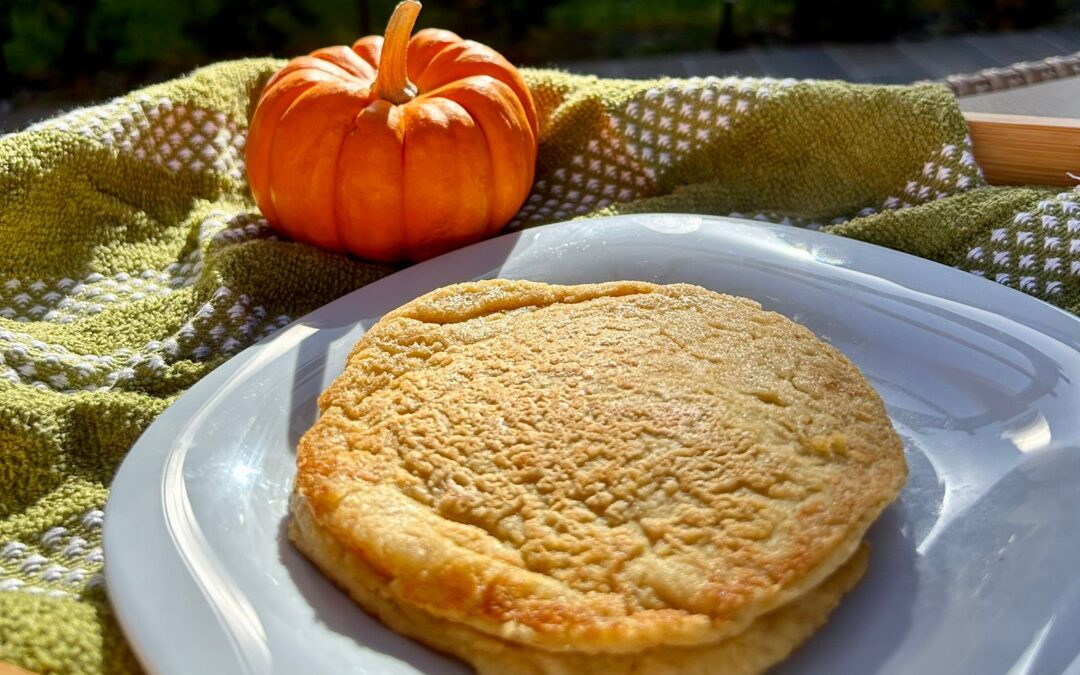
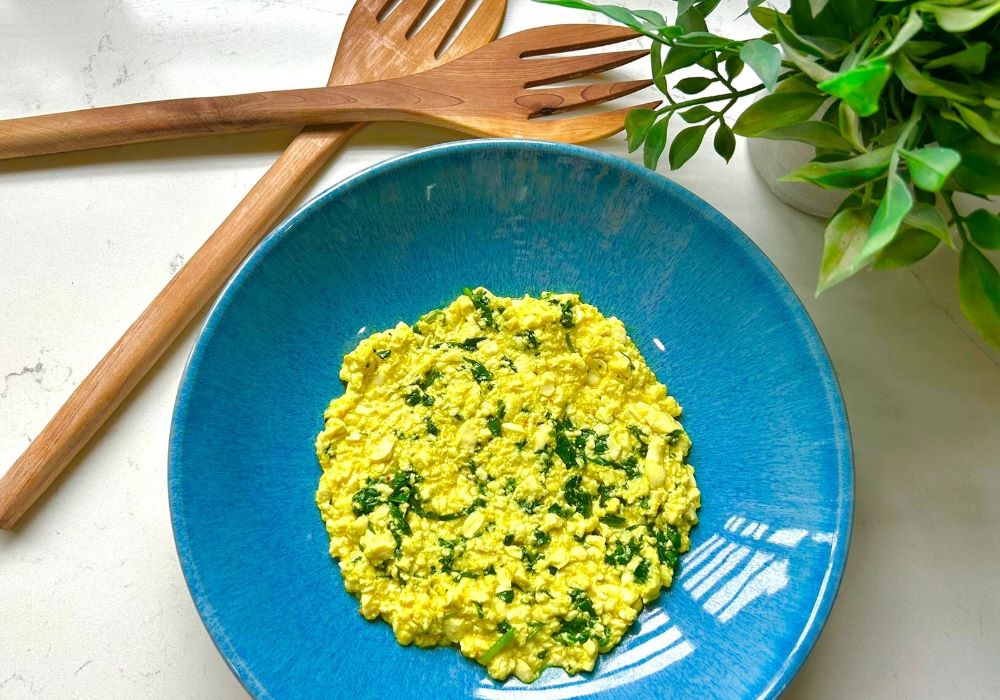
0 Comments